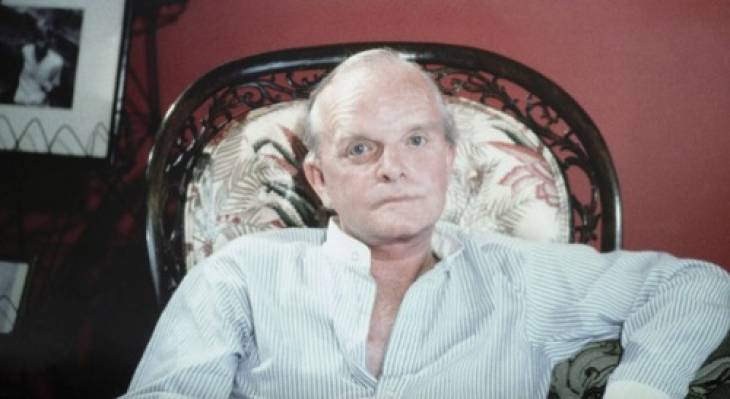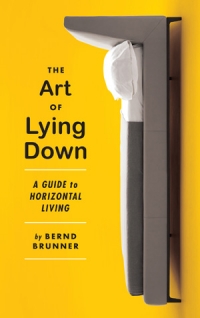The Art of Lying Down: 5 Famous Writers Who Surprisingly Wrote From Bed

"A thing that can't be done in bed isn't worth doing at all." — Groucho Marx
You might be tempted to imagine that all that a writer needs to work is a pen and a piece of paper, or perhaps a laptop – but it's not actually that simple. Writers, as is the case with most other artists, are more complicated than that. To get their creative juices flowing, they need coffee, tea, alcohol, cigarettes. They need the right location and the right position. Some writers even require the background noise of a café or the lulling rhythm of a train. Others demand complete silence.
The French philosopher Jean-Jacques Rousseau couldn't come up with ideas without taking a long walk. Just seeing a desk was enough to make him feel queasy. German Nobel laureate Elfriede Jelinek needs wide open spaces for inspiration, but finds them by looking out the window. In any case, both these creatives are the polar opposites of their artistic brethren who can only be creative when they lie down.
Indeed, some people work best while lying down, but they often don't like to admit it. They know that their preference can quickly get them labeled as lazy. That’s because lying down is associated with apathy, a lack of drive, tiredness, passivity and with doing nothing. But, many creative people and entrepreneurs manage quite well working while lying down. I’ll be the first to admit to working from my bed. And I welcome that, because when I’m lying down I’m able to come up with my best and most creative ideas.
Mark Twain and Edith Sitwell were also in the habit of writing from bed. Truman Capote referred to himself as a “completely horizontal author,” and said, “I can’t think unless I’m lying down.” Edith Wharton apparently “retreated to bed to escape rigid expectations about what women should wear,” raising what some have termed an appealing possibility of lounging around as a feminist statement.
German author Bernd Brunner writes in The Art of Lying Down, an idiosyncratic new examination of the one-third of life—or more!—we spend recumbent: “lying down spans the human condition, from complete passivity to the most passionate of activities.” It’s the position in which “we sleep and dream, make love, contemplate, give ourselves over to wistful moods, daydream, and suffer.” Almost every day begins and ends in a bed, and so does almost every human life.
These assertions couldn’t be truer for the many work-from-home professionals around the world who work slumped down in bed, and love it. These work-from-homers often spend entire mornings lying down, and their productivity is unaffected. In fact, because they don’t tie up their best thinking hours primping and getting resettled, they actually get more done more efficiently lying down.
Working from home is such a special privilege precisely because you can work lying down without being scorned at. Just because one slouches doesn’t make one a slouch. Here are five more examples of famous artists and writers who managed just fine working from their bed, as presented by Bernd Brunner, author of the stimulating book The Art of Lying Down that was translated by Lori Lantz:
- William Wordsworth: Wordsworth reportedly preferred writing his poems in bed in the complete darkness, and would start over whenever he lost a sheet of paper because looking for it was too much trouble.
- Frida Kahlo: Although Kahlo was not a writer, one is reminded of her lengthy and involuntary stays in bed. So driven to work, she rigged ingenious set ups, which permitted her to paint while being nearly immobilized.
- Slavoj Žižek: Žižek has been seen to talk about philosophy from the comfort of his bed. If he was naked or just half-naked could not be substantiated.
- W.G. Sebald: Sebald, who worked on The Rings of Saturn while plagued by back problems, was in a similarly unenviable position: He lay on his stomach across the bed, propped his forehead on a chair, and placed the manuscript on the floor to write.
- Marcel Proust: Proust finished In Search of Lost Time in bed. He reports that he wrote lying down in his famous brass bed, especially during his final years when illness forced him to complete Remembrance of Things Past while confined to his cork-lined bedroom.
Maybe it is time we reclaimed the dignity of working while lying down.






































